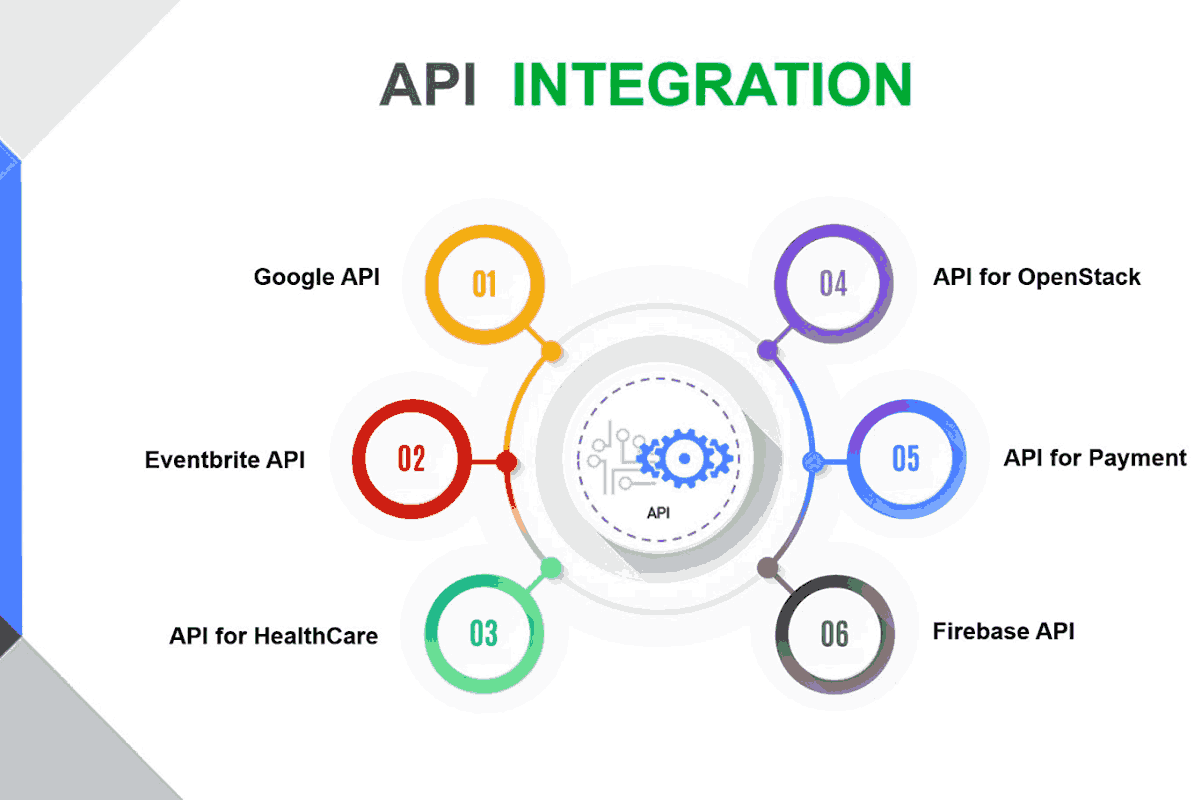
In today’s technology-focused era, the role of a software developer stands out as one of the most in-demand professions. It offers not only a lucrative salary but also flexibility, career advancement, and the ability to work on meaningful products. But securing one of these positions takes more than just knowing how to code - it requires consistent effort, smart preparation, and a desire to keep learning.
This guide walks you through how to break into this field, what hiring teams expect, and how you can set yourself apart in a crowded job market.
What Do Recruiters Look For?
Before applying for any role, it's important to understand what companies typically want in a candidate:
-
Solid understanding of programming basics: Languages like JavaScript, Python, C++, or Java are common, but more important is the ability to solve problems logically and efficiently.
-
Hands-on experience: Candidates who can show real projects—either from internships, freelance work, or personal efforts—stand out more.
-
Non-technical abilities: Communication, collaboration, and time management are just as vital as writing clean code.
-
Knowledge of relevant tools: Familiarity with Git, databases (like MySQL or MongoDB), and frameworks such as React or Django can boost your chances.
If you're new to the field, focus first on mastering the basics, and gradually start exploring tools and platforms that interest you.
Crafting an Impressive Portfolio
A great way to prove your abilities is through a visible portfolio. Here’s how to build one:
-
Showcase your code: Create a GitHub account and upload your projects to demonstrate your skills and consistency.
-
Tackle real-world problems: Start small—maybe a task manager app or a personal blog. These projects build confidence and credibility.
-
Support open-source: Contributing to existing public projects, even in small ways, shows you're a team player.
-
Explain your work: Use README files or short write-ups to walk others through your code. Clear documentation reflects strong communication skills.
A well-organized, active portfolio often gives hiring teams a better sense of your potential than just a resume.
Getting Ready for Interviews
Interviews for technical roles can be challenging, but with good preparation, they become manageable.
-
Practice solving problems: Websites like HackerRank, Codeforces, and LeetCode are excellent for building problem-solving skills.
-
Review core concepts: Make sure you're comfortable with common data structures like arrays, trees, and linked lists.
-
Learn basic architecture: Even for junior roles, understanding how systems work together is a big plus.
-
Simulate interview settings: Try mock interviews with friends or use platforms like Pramp to get familiar with real-time questioning.
Don’t ignore soft-skill questions. Be prepared to discuss past experiences, how you approach challenges, and what you've learned along the way.
Applying Strategically
Rather than sending your resume to every open listing, take a more thoughtful approach:
-
Look for a culture fit: Apply to places that align with your work style, whether that’s a fast-paced startup or a large, structured company.
-
Personalize your application: Tailor your resume to highlight the specific skills each company is looking for.
-
Engage on LinkedIn: Connect with industry professionals, showcase your projects, and interact with relevant content.
-
Stay consistent: Rejections are part of the journey, but with patience and determination, progress will come.
Job platforms like AngelList, Wellfound, and developer-specific boards such as Stack Overflow Jobs are excellent starting points.
Thriving After You’re Hired
Getting the job is just the first milestone. Long-term success requires ongoing effort.
-
Stay updated: Tech evolves rapidly. Make time to explore new frameworks, languages, or trends.
-
Welcome constructive feedback: Asking for input regularly helps you identify strengths and areas for improvement.
-
Share your knowledge: Whether through blogging or mentoring, teaching helps solidify your own understanding.
-
Explore niches: As you grow, consider specializing in fields like cybersecurity, cloud services, or artificial intelligence.
Embracing continuous learning will keep your skills sharp and your career progressing steadily.
Final Thoughts
Becoming a software engineer is a journey that requires dedication, curiosity, and consistent effort. Focus on developing real-world skills, show your work through a strong portfolio, and prepare wisely for interviews.
Whether you’re a beginner, a career switcher, or someone expanding your expertise, your determination and mindset are what will ultimately set you apart.
Keywords:
- Software Engineer Jobs











Leave a comment